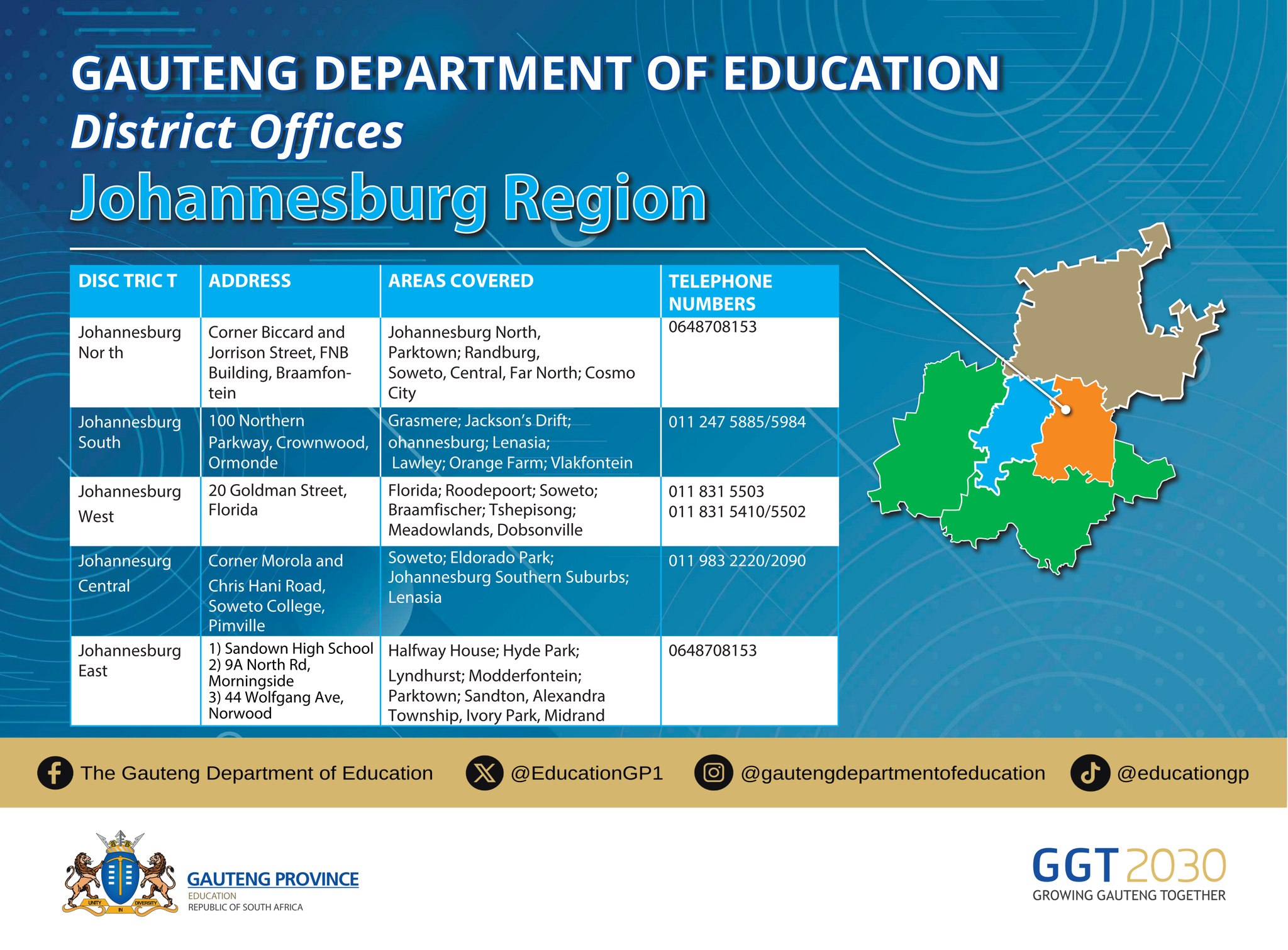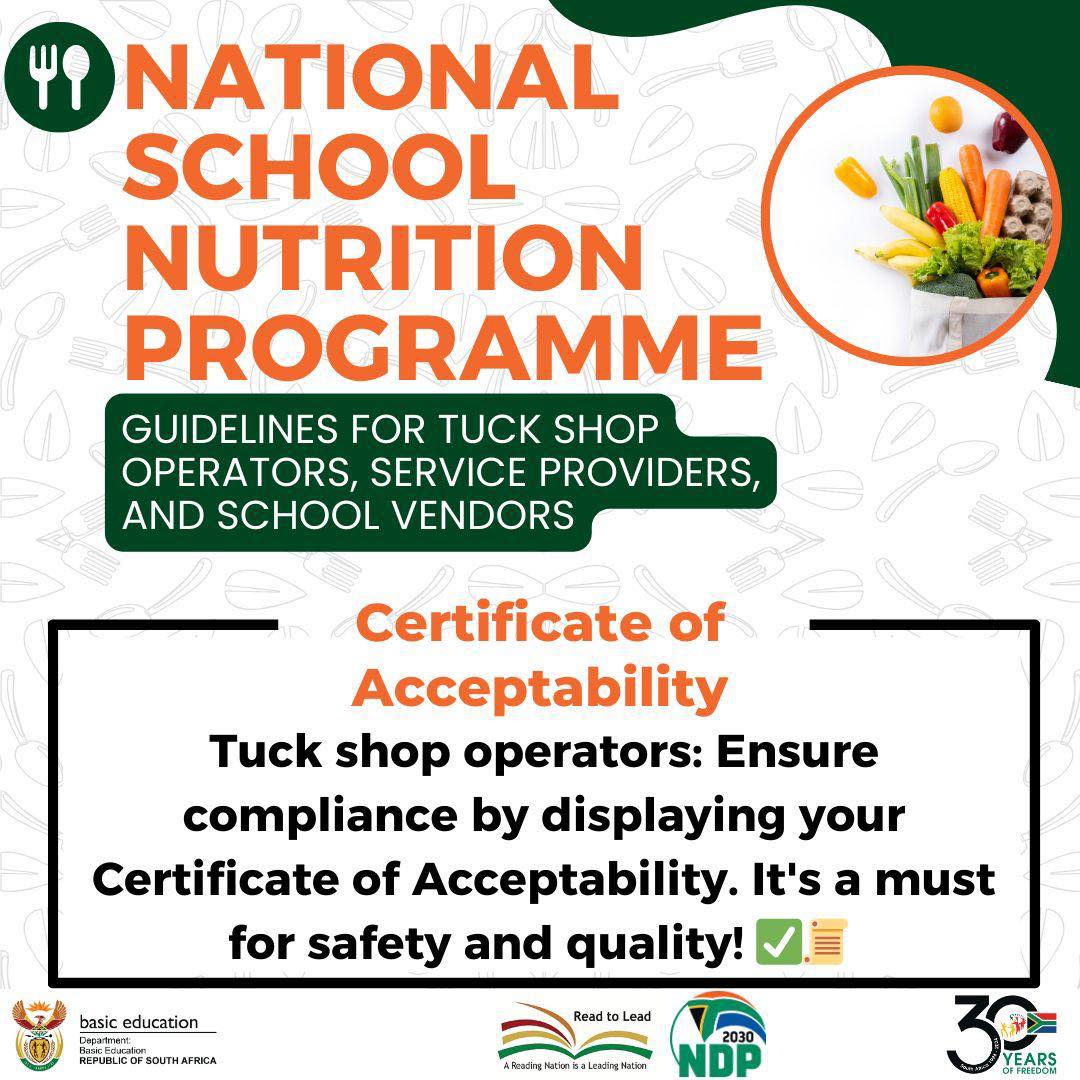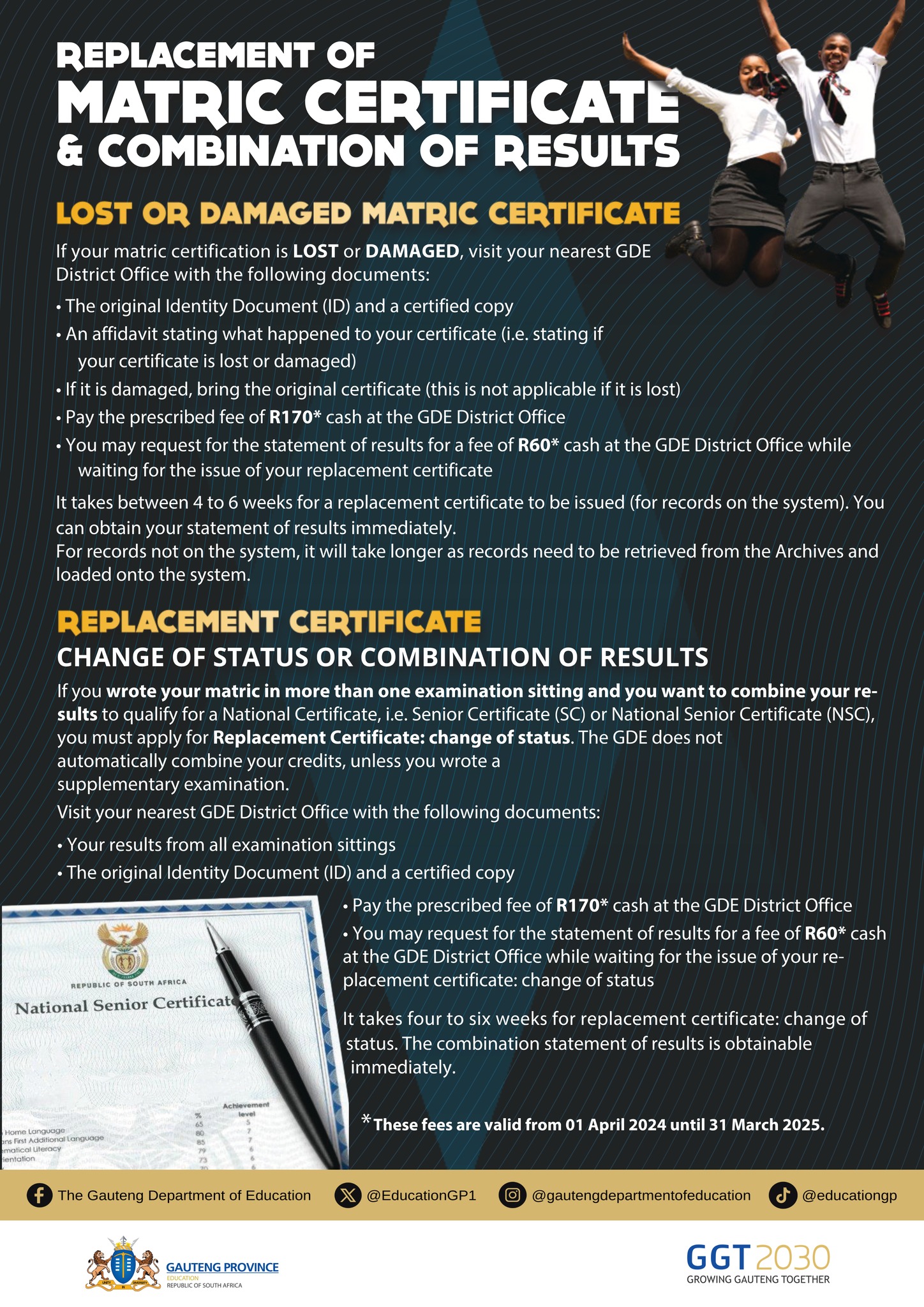By Mzukona Mantshontsho
You have started your business or have a business idea, to stay on track and remain a successful business; you have to be intentionally consistent in your daily agenda and activities.
These were the sentiments of author, speaker and business consultant Thulani Mphahlele, at a business workshop in Cosmo City to business owners and residents aspiring to run their own businesses in the future.
“Much like we want to eat and stay healthy, we have to start small and remain consistent daily. Likewise in business, without consistency you will not succeed. You have to be consistent in your vision, mission, dreams, aspirations, ideals and short-medium-long term goals on a daily basis to succeed”, he added.
“To grow your business, you need consistency, because only the consistent will inherit the Earth. Money never starts an ideal, so let’s not depend on a tender for success. Research done by Finance24 suggests that 63% of businesses fail in two years and from my experience and experts I have spoken to, businesses and individuals fail because they don’t stay consistent and on track. It won’t be always smooth, but you have to remain consistent even on the days when you don’t necessarily feel like,” insisted Mphahlele.
How then do we stay on track in business and in our daily lives? Mphahlele says you need to do three things daily:
1. Plan Your Day:
Use a daily process that keeps you intentional on your daily agenda and activities. Be intentional with your time during the day. Progress can only be sustained by a process; therefore, you need a system daily to navigate your day.
2. Reflect on Your Day:
People that change the world are grateful people. Write down all those things you are grateful for everyday. Choose and write down your one priceless daily moment. Write down three things you achieved that day, because in a year’s time, you would have achieved 1095 things. Write down three positive affirmations daily, in a year’s time, you will have 1095 positive affirmations about yourself.
3. Evaluate Your Day:
Evaluated experience is the best teacher. Look into your life honestly on a daily basis – rate yourself out of 10. At the end of the week or the month, do a weekly and monthly reflection. Here you are looking at what happened and worked and what didn’t. You then have to write down how and what you are going to do to change the things that went wrong and emphasise on the things that worked to improve yourself and your business.
Mphahlele is a firm believer that anything that can be measured can be evaluated. At the end of the year, you need a year performance mark that will come from the weekly and monthly performance marks depending on when you started. Bottom line; build your business one day at a time to be a SUCCESS, so consistency in vital!
We live in a country where the latest unemployment statistics from Statistics South Africa suggest that the unemployment rate was at a staggering 8.3 million South Africans. This figure was reduced by the increase in informal businesses in our communities. With two thirds of the population in South Africa being the youth, the youth is mostly affected by unemployment.
Youth unemployment has been high for many years in South Africa and is one of the country’s major socio-economic challenges. Cross-country comparisons regularly affirm that South Africa’s unemployment rates are among the highest in the world. Unemployed youth are characterised by their lack of employability resulting from a range of socio-economic factors. They often have low levels of education, have dropped out of school and invariably do not have the literacy, numeracy and communication skills needed in the labour market. They also have little work experience, which is a particularly undesirable characteristic for employers.
These young people lack strong networks or social capital that allow them to source job opportunities, and tend not to have sufficient financial resources to enable mobility to areas where there is demand for labour. Of those who do have resources available as a result of their family support or network, they often have unrealistically high reservation wages, thereby resulting in relatively long periods of unsuccessful searching. These socio-economic factors have resulted in a gap between productivity and entry-level wages for young workers, which is a constraint on job creation.
South Africa’s skills shortages are widely regarded as a key factor preventing the achievement of targeted growth rates. There is some dispute as to the nature and extent of these shortages, given that the country also has a large pool of unemployed graduates. The National Development Plan of South Africa has a target of creating 11 million jobs by 2030. The government is hoping that these 11 million jobs will be as a result of the promotion and fostering of a culture of entrepreneurship in young people in our communities.
It is up to all the young people and learners in our schools in South Africa to find the gaps and projects that will create the 11 million jobs by 2030, when they will be adults. All the young people in the country have the task to make the country be a great place to stay, and a place to prosper in business and as individual law abiding citizens of our community and the country. Young people in South Africa have to make The National Development Plan of South Africa happen!










